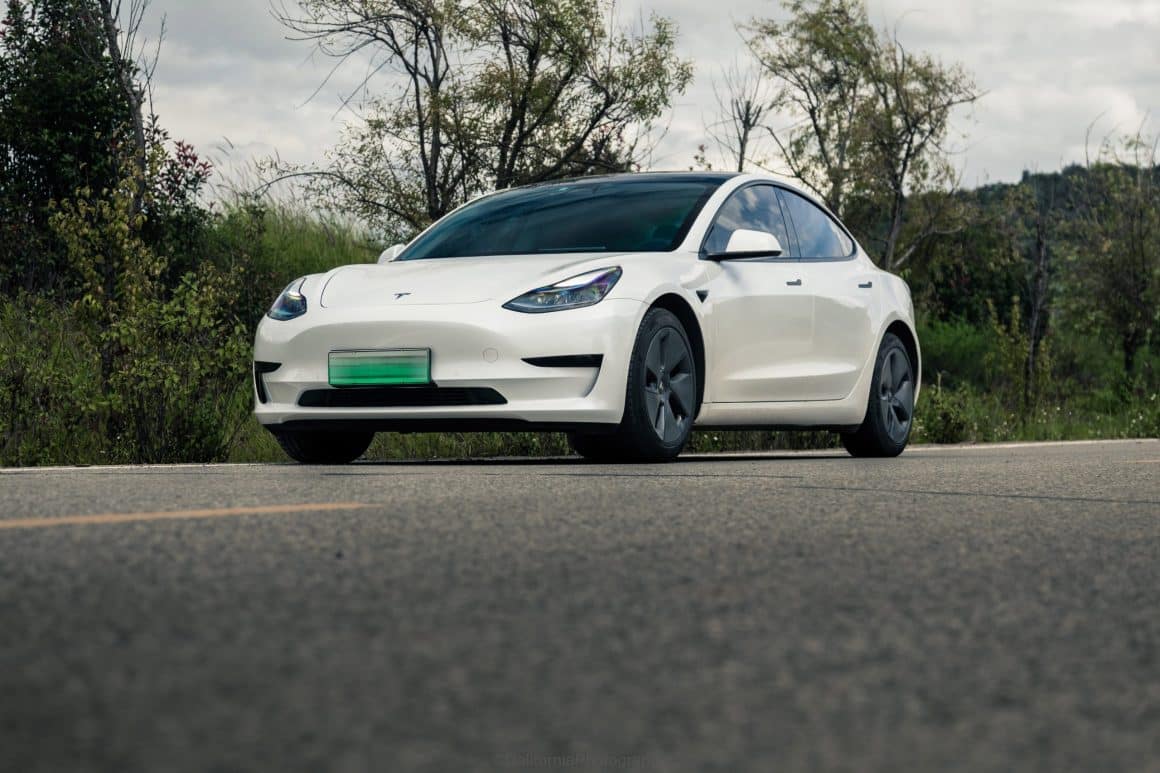Tesla’s entry-level vehicle, the Model 3 RWD, is now priced below the average cost of a new car in the United States. With Tesla’s price reduction efforts this year, vehicles like the base Model 3 have become cheaper than some new combustion-powered cars.
The Tesla Model 3’s starting price today stands at $42,990, exclusive of the $7,500 tax credit offered to US buyers of electric cars. This means that post-rebate, the cost of a Model 3 comes down to just about $35,500. That’s already in the territory of mainstream cars like the Toyota Camry.
A Bloomberg analysis has previously noted that even without the $7,500 tax credit, the base Model 3 already costs $4,930 less than the average new vehicle sold today. At the same time, combustion-powered cars are getting more expensive. As per Kelley Blue Book data, the average cost of a new car in January reached $49,388, an increase of 6% from the year prior.
Tesla’s decision to lower its prices last month ended up causing a price war of sorts, with competitors such as Ford lowering the prices of their electric cars like the Mustang Mach-E crossover, a rival to the Tesla Model Y. Yet as per Wedbush Securities analyst Dan Ives, Tesla is uniquely positioned in the EV sector today.
“In this EV arms race, Tesla is uniquely positioned around scale, brand, battery technology, and the Musk DNA while others are aggressively going after market share in this all-out Game of Thrones battle,” Ives wrote in a previous note.
Despite the headwinds that it faced in recent years, the electric vehicle industry is still projected to grow to $1.1 trillion globally by 2030. As noted by Ives, 2023 will be a “pivotal year” for electric cars. “There is a window of opportunity to gain share in the burgeoning EV market in our opinion and 2023 is a pivotal year that will establish the winners and losers in this EV landscape with Tesla high on top of the mountain,” Ives noted.





